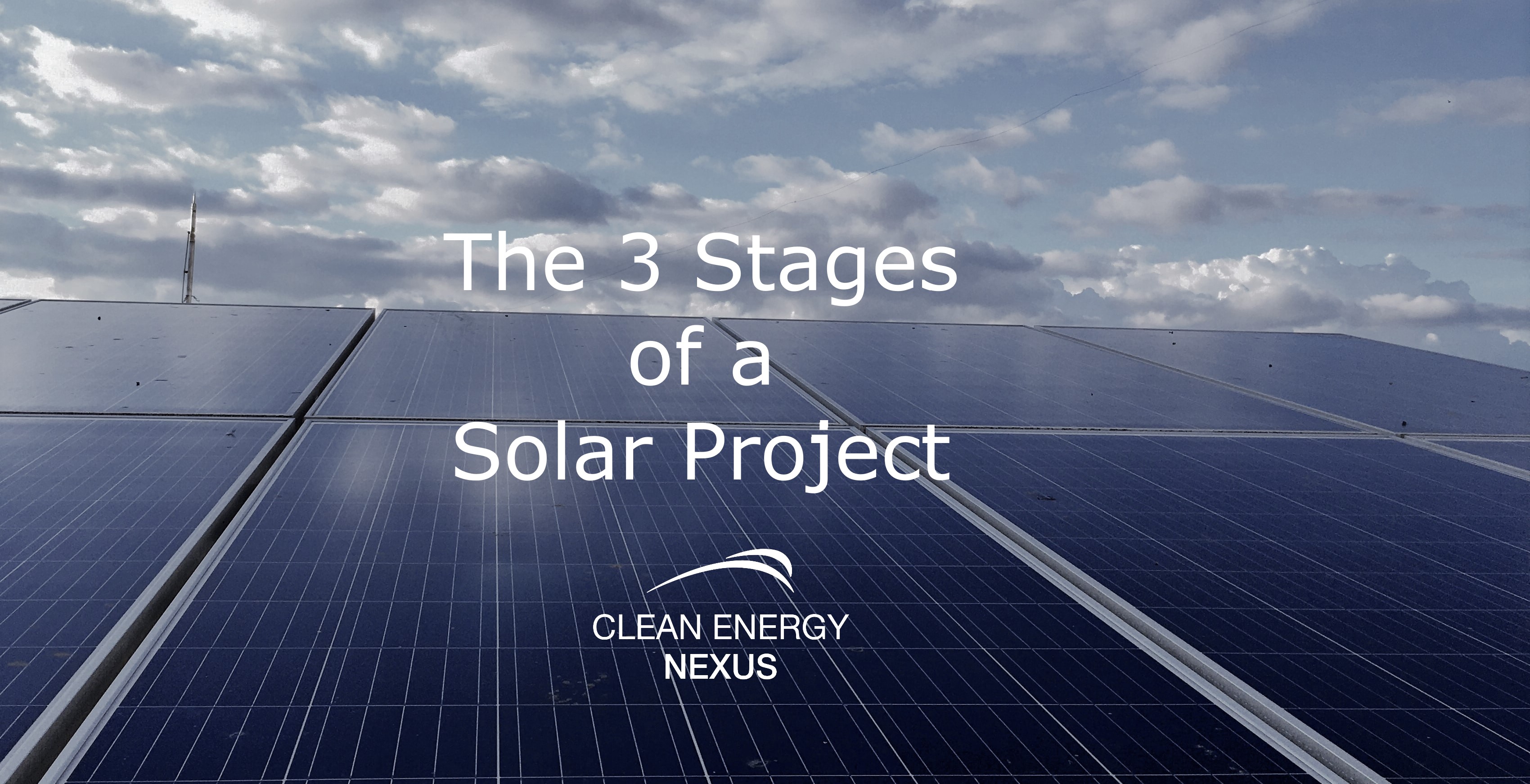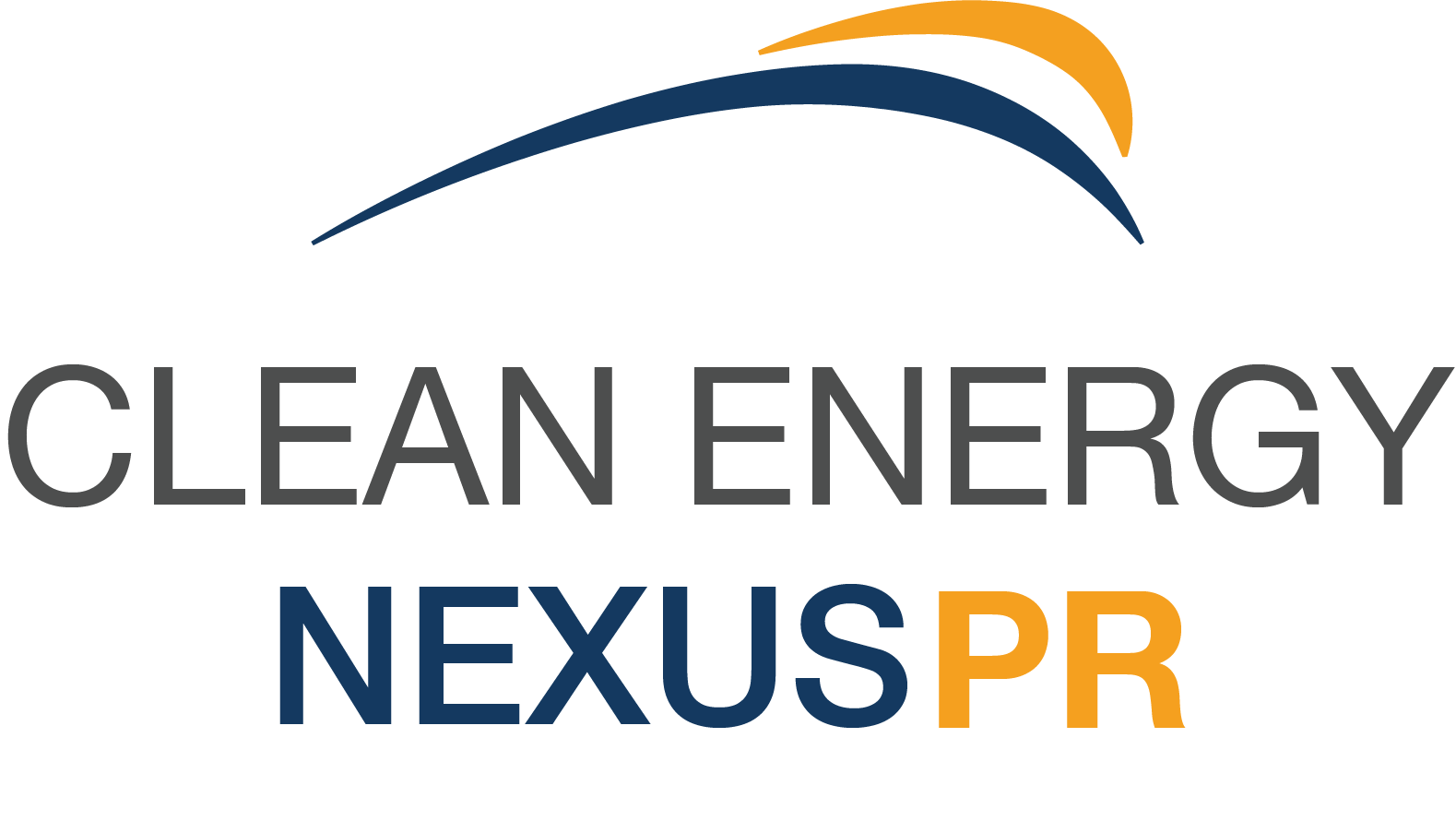Entering the solar industry can be an easy transition with the right resources and information. Understanding more about solar projects, including the difference between the three stages of a solar project; early, mid-stage, and late stage, can help tremendously by helping to determine where a newcomer to the industry can jump right in and transition their expertise smoothly to a solar project and where to engage experts in the field when they're just starting out.

As we mentioned, the three stages of a solar project are generally referred to as early stage, mid-stage, and late stage. The stages of a solar project are similar to those of a construction project. Early stage projects gain permits and approval to build, and determine what needs to be built where and how to use the land to it's maximum potential. Mid-stage projects are where engineering plans are drawn up and approved and final permits are granted, and late stage projects involve construction and final inspections.
Each of these stages involves a different amount of time and expertise. Early stage projects are more time and expertise dependent and usually involve investing more upfront capital to develop, so it may be wise to consider becoming involved in a later stage project as you're just starting out in the industry. Early stage projects are still evaluating property and structures for viability, gathering permits, and signing legal documents. Mid-stage projects have reached site control and are ready to have an engineering plan created for a specific site, and are bringing together partners to develop the project. This stage often concludes with a Limited Notice to Proceed granted by the authority in jurisdiction over the project. Late stage projects have already had all of the permit work completed, are legally ready to build, and all of the partners and contractors are in place. Starting to work on late stage project is lower risk than a mid-stage project, and a mid-stage project is lower risk than an early stage project.
Pricing is often correspondent to the risk with solar projects, which is part of what makes it tempting to pick up an early stage project when you first start out in solar. It's easy to underestimate the manpower, time, money, and how much one relies on partners in the industry to bring a solar project to an operational state. Picking up a project in a mid-to-late stage usually involves compensating the person who moved it through the early-to-mid stage, and it's a common misconception that it just takes grit and determination to move a project through those stages.
In fact, many newcomers to the solar industry make the mistake of taking on solar projects that are in their early stages, and soon realize that they have neither the expertise or capital to advance the project. We suggest newcomers to the industry gain some experience by working with an established solar company, and simultaneously establish a network of EPC's (Environmental, Procurement, and Construction companies), solar engineers, project managers, investors, and local permitting authorities before venturing out on their own.
We also recommend researching the solar industry and staying up to date on all of the happenings that affect the industry through solar-focused websites and your network of solar industry people (our blog on how to get into solar is a great resource!). The solar industry, and energy industry in general, is largely affected by politics, and making political connections to keep your finger on the pulse of the industry will also help you expedite projects.
As the industry grows, change is inevitable. We hope that by sharing our experiences and expertise, we'll help grow and move the industry forward.
